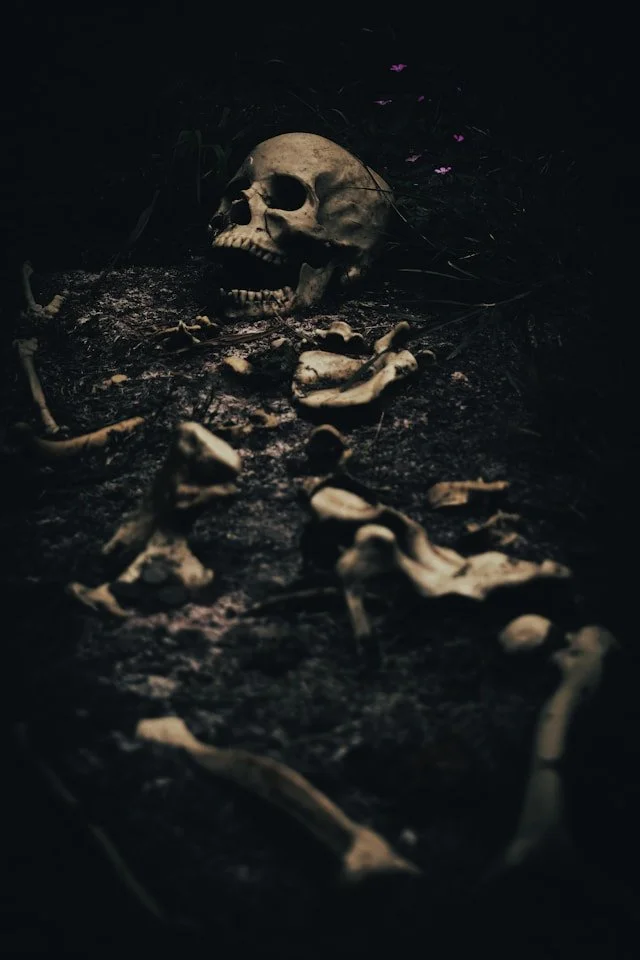![This Week's Recommendations]()
1. Jesus Wasn’t Born in a Stable—and That Makes All the Difference: Ian Paul explains how we misunderstand the inn, stable, and manger in the Christmas story. He suggests the importance is found here, “Instead, if Jesus comes to us, rather than us coming to him, if he visits in our very homes and comes as a surprising, disruptive, but ultimately welcome presence, one who will turn our world upside-down and change it forever, then that makes all the difference.”
2. Are Masks a Conscience Issue? Erik Raymond frames this delicate issue, “Is it accurate to say that wearing a mask is a conscience issue? By now, you realize the importance of the answer. If “yes,” then churches requiring church members to violate their conscience is a serious concern. If the answer is “no,” then Christians should stop using conscience as a reason for refusing to wear a mask.”
3. Nobody Like Him: Darryl Dash asks the question: what is it about Timothy that makes Paul say, “I have no one like him.”
4. Temptation is No Simple Enemy: Marshall Segal considers simplicity through the lens of Samson. He begins, “We expect temptation will march through the front door, dressed like a wolf, announcing itself loudly as it comes. But temptation often prefers the back door, and the bedroom window, and that crack between the floorboards.”
5. A Visiting Dawn: My friend Chris Thomas considers what it means to live in the dawn. “This is the dawn that gave birth to every dawn since. This is the dawn from on high, the eternal light that shines in our truest home. The dawn that banishes any need of lamp or torch to light our way. This dawn will know no end, nor will it reach the Zenith of existence to fall and fade away. This is the dawn that visits us in that first Advent, and the one that dwells with us ever since.”
6. How Does that Annoying Fly Dodge Your Swatter? Wow. God’s creation is amazing.














